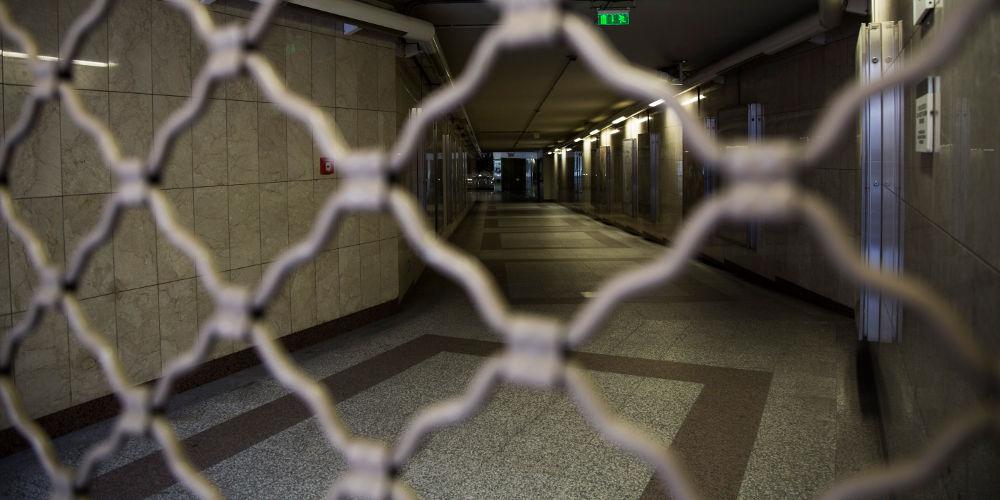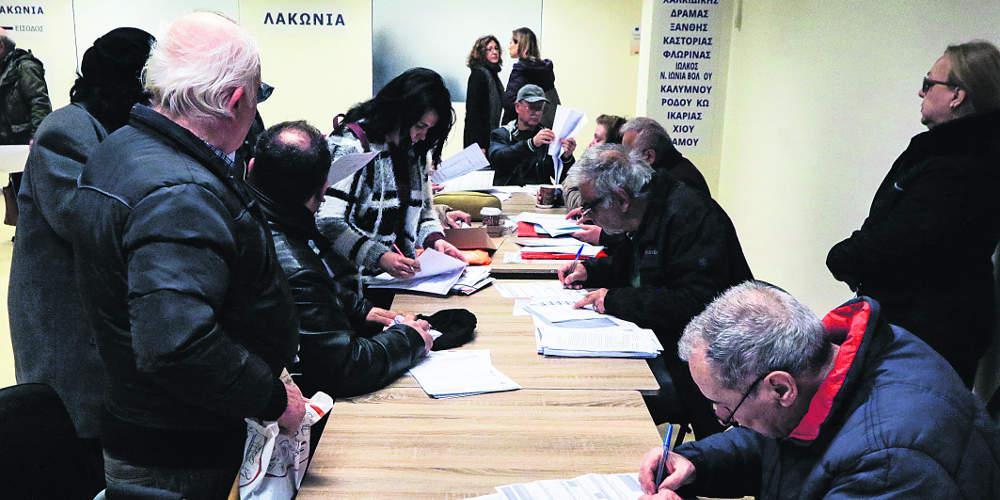Hatzidakis spoke to the Economic Committee of parliament as the bill titled “Measures to restrict tax evasion” was debated in its second reading. The bill will go to plenary for debate and voting on Friday.
The bill’s proposed measures include a ban on using cash in real estate transactions, a new taxation system for independent business owners, the market regulation on short-term rentals, and stricter measures related to entering revenues and expenditures on the online tax platform MyData.
Hatzidakis responded with ‘ten truths’ to ‘ten myths’ mentioned during the bill’s posting for public consultation. Some of the points he made are as follows:
– The government is not targeting freelancers (independent business owners that include a wide swathe of professionals, including technicians, artists, doctors, and lawyers), but does target tax evasion, he said. In last year’s filings, 71% of freelancers declared lower income than the minimum wage, 54% declared zero income or losses, and 27% has been declaring losses or zero income for five consecutive years (2018-2022), the minister said, citing official data of the Independent Authority for Public Revenue (AADE).
Freelancers who declare they earn less than the threshold 10,000 euros/year or below, now pay 867 euros/yr in tax, while the average wage earner who could be their employee, pays 1,160 euros/yr, Hatzidakis said, noting, “This is something we need to think about: the employee paying more than his employer.”
– Hatzidakis also underlined that the idea that the tax-calculation measures are indiscriminately applied across the board (‘horizontally’) for all freelancers is not accurate. (Greeks are assessed taxes based on documented assets and expenses to see if the declared income reflects the cost of living.) The FinMin said that new businesses, taxpayers residing in small towns, single parents with children, and parents with many children pay lower taxes. In other cases, he said, there is full tax exemption under special circumstances that include illness, serving one’s mandatory army duty, natural catastrophes, situations beyond one’s control, freelancers working for up to 3 employers (‘blokakia’), and farmers.
There are so many factors involved in assessing taxes, Hatzidakis said, that “you cannot call this a horizontal measure.”
– The government provides the option of taxpayers contesting their assessed tax, since there are cases when employers truly earn less than their employees. Last year, he said, 46 citizens appealed their taxes with authorities.
Taxes will become slightly higher for freelancers than for wage earners, the FinMin acknowledged. “This does happen. We must have a full picture: what does a freelancer pay, what does the pensioner pay, what does the wage earner pay. If we want wage earners and pensioners to pay everything, we must know that. We, however, do not want that,” Hatzidakis said.
Finally, Hatzidakis refuted the charge that the government is turning a deaf ear to reactions. “We are not ignoring them one bit. We talk with everyone without exception. We posted the bill for public consultation and we made significant changes following that consultation,” he said. (On Tuesday, he had said that 2,800 comments made by the public and organizations were taken into account before tabling the bill in parliament.)
“Naturally, we discuss and continue in parliament [to talk] with social groups as well. We listen to every sensible observation. At the end of the day, each of us has a conscience. Mine at least tells me I cannot accept a freelancer paying much less tax than his average empoyer,” he underlined.


























































